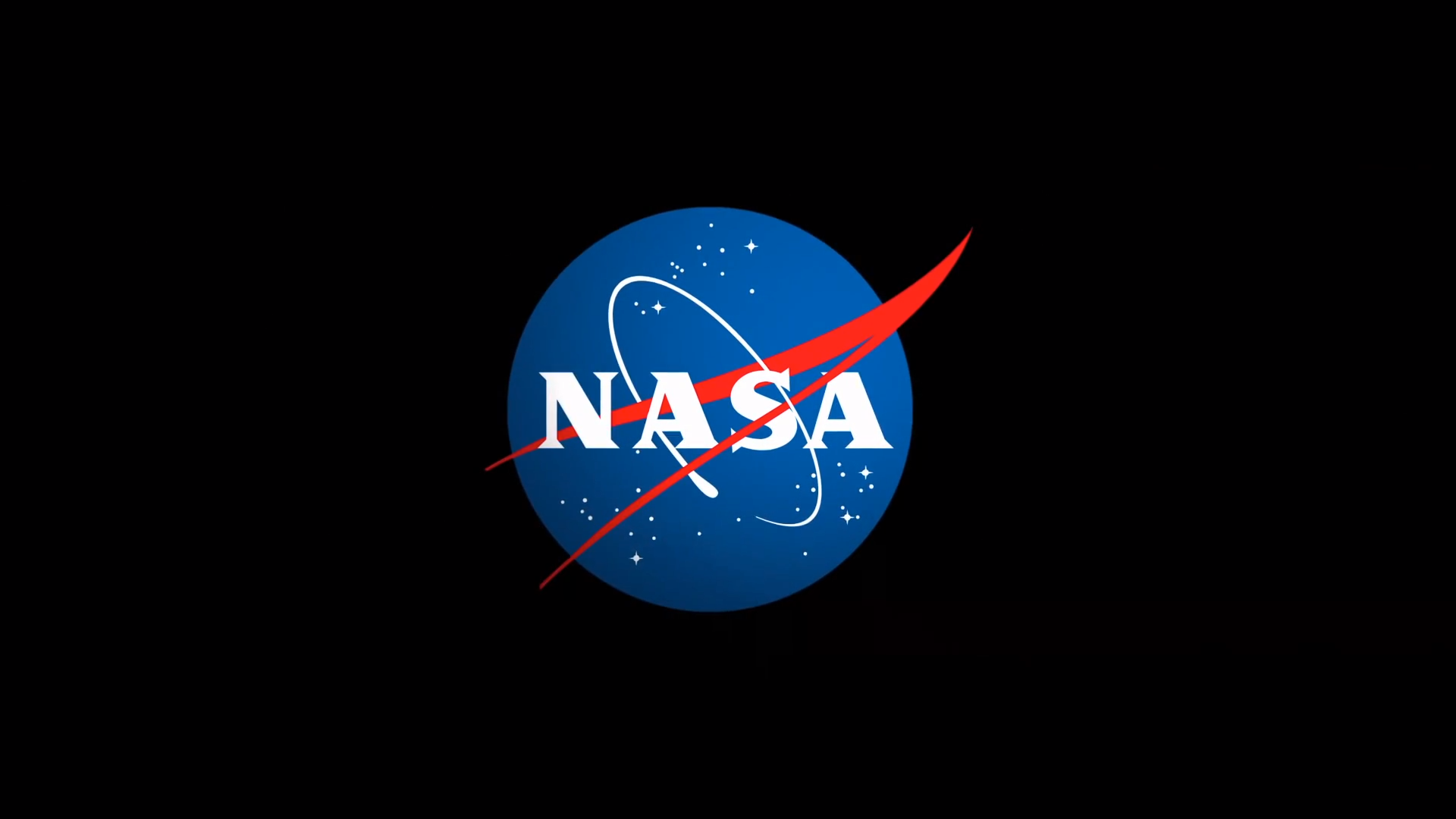NASA has tapped three private companies to design the next generation of lunar vehicles, which will be used by Artemis astronauts to explore the Moon’s surface. The selected companies, Lunar Outpost, Intuitive Machines, and Venturi Astrolab, will develop lunar terrain vehicles (LTVs) that will be essential for conducting scientific research and exploration during the upcoming Artemis missions.
This move underscores NASA’s commitment to partnering with the commercial space industry, fostering innovation, and advancing its ambitious plans for a permanent human presence on the Moon. The Artemis program aims to land the first woman and the next man on the Moon’s south pole while establishing a sustainable presence for future missions to Mars.
The lunar terrain vehicles designed by these companies will need to navigate the challenging and unpredictable landscape of the Moon, including craters, slopes, and extreme temperatures. These rovers are expected to be more capable than the iconic Lunar Roving Vehicles used during the Apollo missions in the 1970s.
NASA has emphasized the importance of these future lunar rovers being able to function autonomously as well as with astronauts onboard. After an Artemis crew departs the Moon, the LTVs will continue to conduct robotic exploration missions, further extending humanity’s reach into the solar system.
NASA aims to create a sustainable presence on the Moon. Lunar vehicles will be crucial to this goal, allowing astronauts to conduct extensive scientific research, scout for potential resources, and set up infrastructure for long-term lunar missions. These rovers will need to be durable, reliable, and versatile, capable of operating in the harsh lunar environment that presents extremes of temperature, radiation, and abrasive dust.
Lockheed Martin, a seasoned aerospace giant, boasts extensive experience in spacecraft development. Northrop Grumman, another major player in the aerospace and defense sector, brings its expertise in human spaceflight systems. Draper, a renowned engineering laboratory, will contribute its cutting-edge technology in guidance, navigation, and control systems.
The three selected companies bring a range of expertise and innovative approaches to the task. Lunar Outpost specializes in lunar mobility systems, Intuitive Machines has experience in landing spacecraft on the Moon, and Venturi Astrolab focuses on flexible rovers capable of carrying various payloads. NASA will award contracts to these companies, allowing them to further develop and refine their LTV concepts.
This announcement marks a significant step forward in the Artemis program, solidifying NASA’s vision for a future where humans have a long-term presence on the Moon, driving scientific discovery, economic opportunities, and inspiring the next generation of explorers.






























